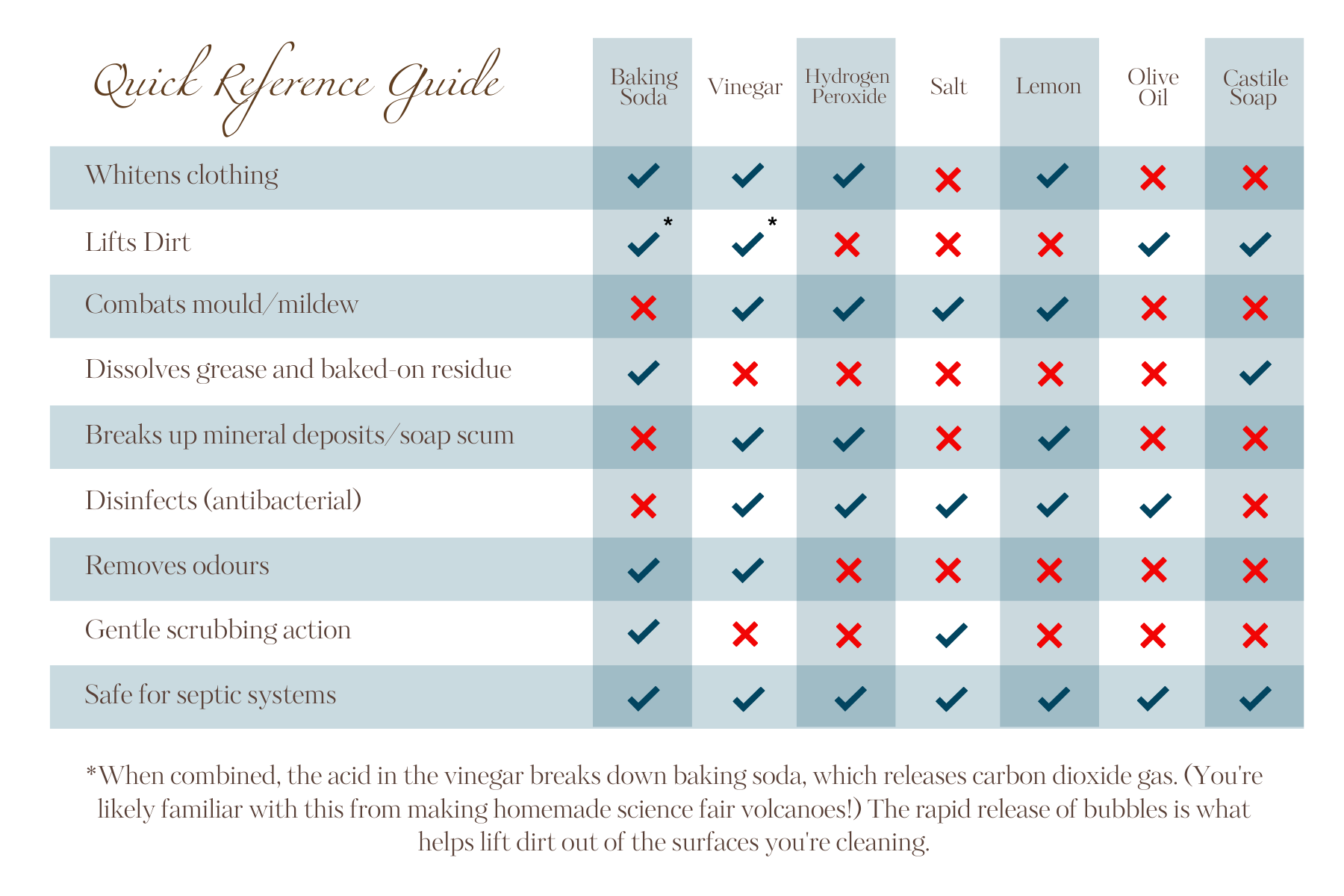Environmental Health:
HEALTHY HABITS FOR HEALTHY HOMES
Did You Know?
Understanding where and how chemicals enter our bodies can help us reduce our exposure and protect our health.
Making it Easy to Reduce Chemical Exposure in Your Home
Chemicals are all around us: some helpful, some harmful. Early childhood exposure to household chemicals can interfere with healthy development and is linked to several chronic diseases. It’s no coincidence; children ARE more vulnerable than adults. Their developing neurological and immune systems just can’t rid their bodies of toxins as well as grownups, and our little humans spend most of their early life indoors living close to the ground where household toxins settle, crawling around and putting everything in their mouths!
Limiting exposures to harmful chemicals, toxins, and other environmental hazards can seem challenging, but the good news is that simple modifications in our daily lives can improve our overall health.
It’s possible to replace most chemical cleaning products with common non-toxic, food-grade household ingredients that are just as effective AND will save you money at the same time.
Take a look at this Quick Comparison Sheet to see how versatile your non-toxic kitchen ingredients can be, and easily compare how they can help tackle common cleaning problems:
We are here to help!
One of the biggest hurdles to making the switch can be knowing which products are right for which job. Whether you need a general cleaning spray or you’re trying to cut through serious grime, it’s possible to replace most consumer cleaning products with common household ingredients – reducing under-sink clutter and saving you money!
Our pocket recipe cards are filled with instructions and tips on tackling all your most common cleaning obstacles. Once you’ve got the hang of it, we’ve also included space for you to write your own recipes!
DIY Cleaning Recipes
When we clean with chemicals, harmful toxins are breathed in and absorbed through our skin. Even if you keep your kids out of the room as you clean, residues left behind can be touched and ingested by children and pets later, putting them at risk. Use of household chemicals has even been shown to increase the risk of developing asthma in otherwise healthy people by 30-50%!
Luckily, going non-toxic is easier than you think!
Dust likes to stay busy – it rises into the air and settles back on the ground, only to be kicked back up again and again as we go about our daily lives. It never stops moving for long and once it gets going it loves to pick up everything along the way… including toxins.
Nobody gets covered in dirt and dust better than small children! They’re close to the ground scooting, rolling, and crawling around – putting objects and dirty hands in their mouths along the way. Unfortunately, even microscopic chemicals they encounter during their play can have long-term health effects.
Non-stick coatings break down and release toxic chemicals that can end up in your body.
Small doses have been linked to kidney, liver, and thyroid disease, as well as cancer and reproductive problems… The toxins are actually so dangerous they’ve earned the nickname “Forever Chemicals” because of how long they stay in our bodies!
Don’t worry, it IS ok to keep some plastic! We know now that certain kinds of plastic are less stable, making them unsafe to use in toys and food containers because they can leach toxins over time.
Check the item’s recycling number on the bottom: 1, 2, 4, and 5 are considered safe for food & toys. If you’re unsure, one of the most important things to remember is to never use plastic containers or plastic wrap when heating food.
Mould can cause eye, nose, and throat irritation, wheezing, shortness of breath, and even allergic reactions. If you’re exposed to mold over and over you can become more sensitive to it, making your reactions worse as time goes on. Luckily, preventing mould is actually pretty easy!
Mould loves still, moist environments, so start by improving air flow and drying things up. Then, to kill small spots of visible mould, just follow our tips!
We all like to smell great but when it comes to perfumed personal products, did you know:
NO Scent is often the Best Scent?
Limiting or avoiding things with added fragrances helps make the air around you more breathable for you, your family, and the people who live in your community. The same goes for cleaning! We might associate the smell of lemon or pine with something being “clean”, but actually, “clean” has no smell at all!
Baby wipes, wet wipes, disinfectant wipes… wipes are everywhere – especially since the pandemic began, because we’re disinfecting more surfaces than ever before!
They’re called “disposable” and sometimes even sold as “flushable” too, but most of these convenient packaged wipes contain plastics which don’t degrade. Reusable options like cloths or sponges are better for the environment, AND better for our skin!
NB Lung has been helping New Brunswickers breathe easier since 1933.
Thank you for your support!
Page Last Updated: 28/02/2023

